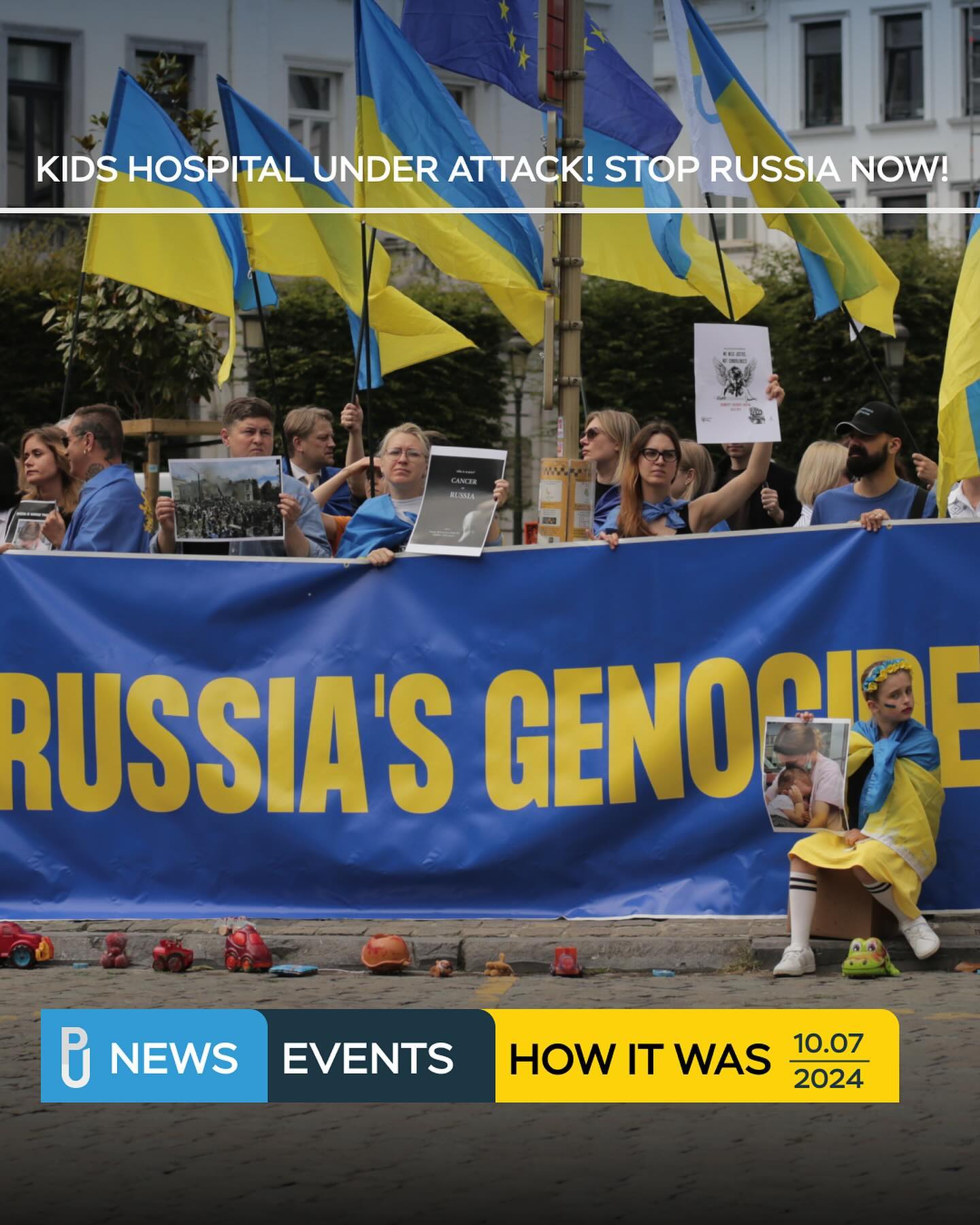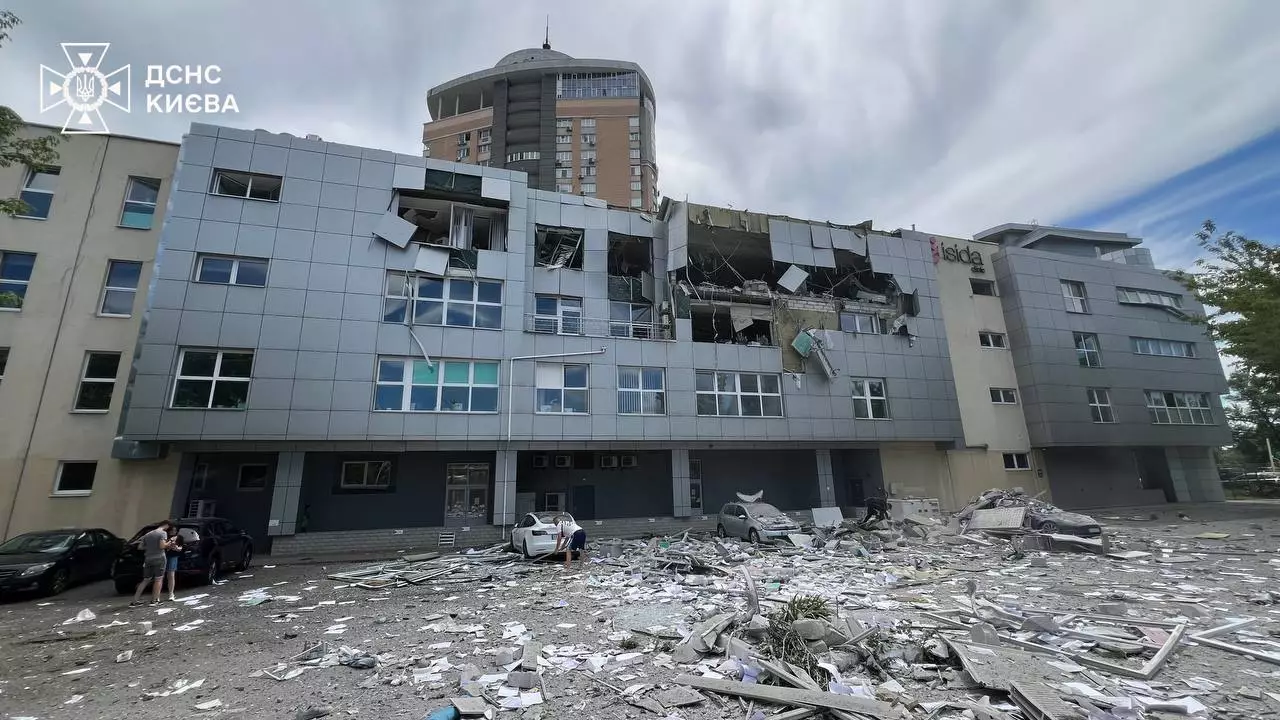In 2021, Ukraine moved down one spot in the Corruption Perceptions Index (CPI) and now ranks 122nd out of 180 countries on the CPI list.
What is behind this assessment, should we worry about it, and what does the general movement of Ukraine indicate? Let’s figure it out.
First of all, we should assume that the indicators of such a long study should be considered in dynamics. After all, the CPI indicator is a path, not a point on the map.
Ukraine’s current ranking is better than it was 10 years ago, but this improvement is due to the changes that took place immediately after the Revolution of Dignity. Since 2018, Ukraine has stopped moving up in the ranking.
Over the past 10 years, the gradual improvement of our country’s performance has been noticed and marked by Transparency International, which calculates CPI, as Ukraine confidently entered the list of countries that made significant progress over the decade.
Can we call the current situation “stagnation”? Not at all. We do not rush at top speed, but we still move.
Last year, as before, there were many positive developments on the anti-corruption front – the powers of the National Agency on Corruption Prevention (NACP) were restored, the institution of whistleblowers was preserved and developed, the High Anti-Corruption Court (HACC) passed its sentences, and a civil forfeiture instrument was launched. However, all too often the positive in one sector was offset by the negative in the other.
What are our setbacks and drivers in this journey?
Assessing the country is a complicated task because of the need to examine simultaneously the results of actions and interactions of different government agencies. Our indicator was based on nine different studies by independent sources that show the state of certain systems of the anti-corruption machine in Ukraine.
According to the data, two sources upgraded our marks, three kept them unchanged, while four sources downgraded the marks.
We got the largest decline in the following studies:
- Bertelsmann Transformation Index, conducted in the first half of 2021 through a qualitative survey of experts.
The indicator of Ukraine, apparently, was affected by the decision of the Constitutional Court of 27 October 2020 to release many officials from responsibility for inaccurate asset declarations.
According to the National Anti-Corruption Bureau of Ukraine, at that time about 180 cases of intentional introduction of inaccurate information into e-declarations by officials were investigated. Seven people were served with notices of charges, but the investigations were subject to closure due to the Court’s decision.
The High Anti-Corruption Court closed 17 criminal proceedings and revoked the sentences. As a result, officials charged with abuse escaped any responsibility.
- Annual Global Competitiveness Report and the data of the World Economic Forum’s Global Shapers survey, conducted among business leaders. These were also affected by events that could cause pessimism among the business community in Ukraine and beyond.
At the same time, Ukraine climbed two spots according to the International Country Risk Guide by the PRS Group, which assesses corruption within the political system.
Most likely, such an increase was related to the launch of the NACP’s electronic register of reports of political parties Politdata; the register began operating in the spring of 2021. But the long-awaited electronic reporting of the parties has not yet worked in full, and the process itself was suspended by law in the spring of 2020 due to the COVID-19 pandemic.
Moreover, Ukraine gained four points in the Varieties of Democracy study, based, inter alia, on the indicator of corruption in the judiciary. Apparently, the judiciary reform launched last year but not yet implemented is not enough to make a major leap in this study.
Ukraine’s ranking in the Nations in Transit 2020 report by Freedom House did not change either. The authors express concern over the growing interference in the work of the HACC, mentioning the Constitutional Court’s consideration of the constitutionality of HACC as a specialised court.
Researchers also took note of an increase in pressure on anti-corruption bodies in Ukraine. The Anti-Corruption Strategy, adopted by the Parliament only at first reading more than a year ago, is also mentioned.
That is researchers around the world notice unpatched problems in our anti-corruption ecosystem. This has a significant impact on the perception not only of corruption in the country, but also of the country itself in the world. And if we aim to get into the anti-corruption zone, we should do a better job of fixing the existing breakdowns.
Destinations we have (not) reached
In order to move forward qualitatively without setbacks, we must correct our mistakes regularly. It would be great if we could learn to give up things that don’t work and look for more effective ways to achieve our goals.
According to last year’s CPI survey, TI Ukraine provided the government with three blocks of recommendations that could improve our performance.
As of the end of 2021, none of the recommendations was fully implemented: two were implemented partially and one was not implemented at all.
The situation in the field of public property management was partially “settled.” It took a year to unlock and prepare the facilities for privatisation. As for the register of state assets and access to it, this issue still requires effort.
The issue of attempts to remove certain procurements from the purview of the Law of Ukraine “On Public Procurement” is still quite acute.
Things are worse in the area of independence and the capacity of anti-corruption infrastructure.
Competitions within the Specialised Anti-Corruption Prosecutor’s Office and Asset Recovery And Management Agency are still ongoing with many outrageous blunders.
Let’s not forget that this year’s CPI already takes into account the events that took place at the Constitutional Court that paralysed the NACP in the autumn of 2020. As if on a smaller scale, but no less important, is the issue of counteracting violations of the judicial process at the HACC – the relevant bill was not even considered by MPs.
But we still see some positive moments in this sector. For example, the Verkhovna Rada last year voted for necessary changes to legislation related to the Asset Recovery And Management Agency, being another step towards improving the management of seized assets.
The recently adopted Law on NABU advanced the possibility to wiretap telephones of potentially corrupt officials independently.
The formation of a professional and independent judiciary failed again.
Attempts are now being made to revive the High Qualifications Commission of Judges of Ukraine and restart the High Council of Justice, but the incumbent members of the High Council of Justice are blocking reforms in every possible way.
Prolonging the process creates risks of bringing all efforts to transform the judiciary to nought.
Another problem is the Kyiv District Administrative Court which continues to work and deliver shameful judgments, while the law to eliminate it is still pending in the Parliament. And the last nail in this structure is the (under)reform of the Constitutional Court, taking into account all the recommendations of the Venice Commission.
What should be done? No need to reinvent the wheel
To make the “anti-corruption Ukraine” project successful, there is a need to constantly move forward. Here are recommendations for 2022, which, in our opinion, will help reduce corruption:
- Complete competitions and elect professional, independent, and honest heads of anti-corruption ecosystem bodies: Specialised Anti-Corruption Prosecutor’s Office, Asset Recovery and Management Agency, and National Anti-Corruption Bureau
- Adopt the state Anti-Corruption Strategy and the action plan for its implementation
- Carry out the reform of constitutional justice, taking into account the conclusions provided by the Venice Commission
- Ensure transparent register of state property and continue privatisation
- Minimise the risks of passing bills that remove procurements from the purview of the Law of Ukraine “On Public Procurement”
As we can see, these are five rather specific steps; by taking these, we will be able to make significant progress along the planned anti-corruption route.
Of course, not everything is so simple, and yet another obstacle may appear on the path, able to completely misdirect us, harming the anti-corruption efforts already made.
But if the actions of all leaders are coordinated and confident, in line with the set direction of overcoming corruption, we will keep the balance and be able to get to the desired destination.
We need to understand that it is important to demand change because stopping the decline and returning to at least slow growth in the Index depends not on the next government after the election, but on the incumbent one. An advance of six spots over 10 years is not a good enough result for the country whose leaders made the fight against corruption one of the priority goals of their activities. And such speed will not take us far.
Source: Ukrayinska Pravda






 UA
UA FR
FR DE
DE




